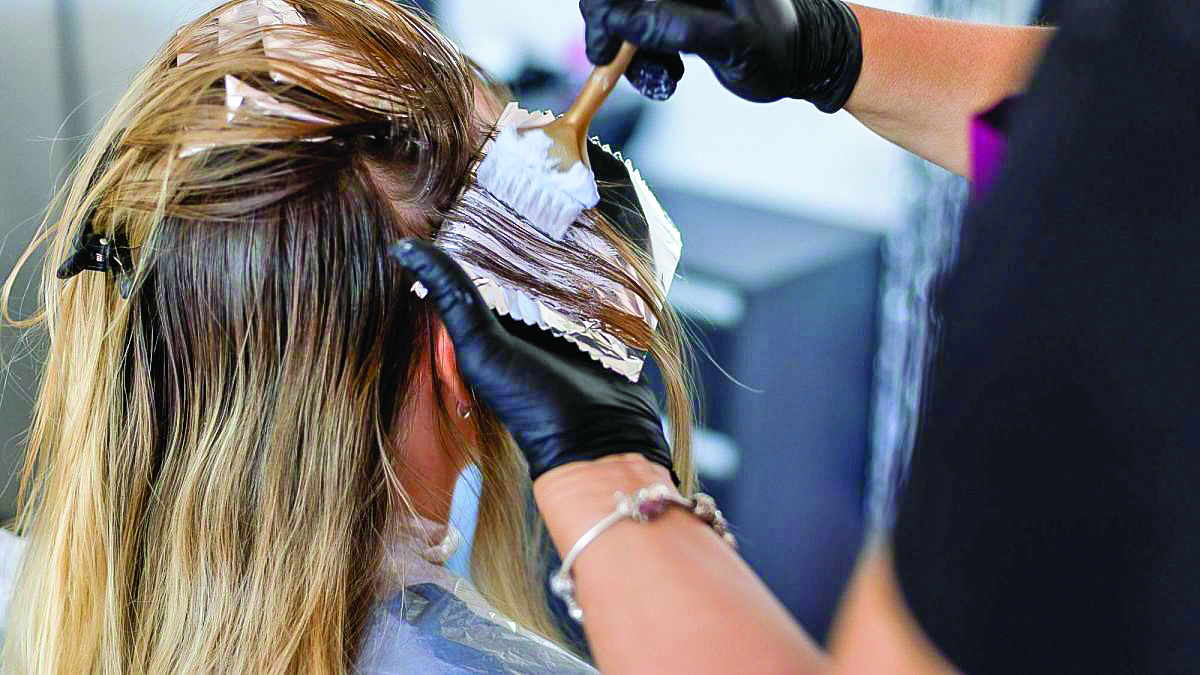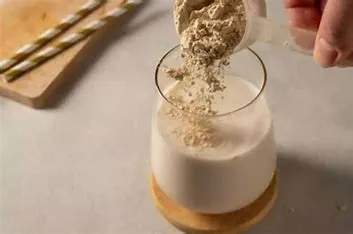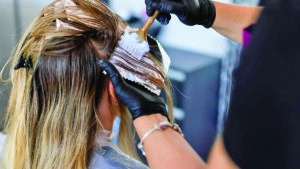In the dynamic world of beauty and hair care, consumers are increasingly turning to products that are both effective and gentle on their hair and scalp. This shift has highlighted the importance of hydrogen peroxide-free hair care products, which promise to maintain hair health while delivering desired color and style. Understanding the science behind these products and their impact on hair health is crucial for informed choices.
Hydrogen peroxide, commonly used in hair dyes, acts as a bleaching agent by breaking down the natural pigment (melanin) in the hair, which lightens its color. However, this process can lead to significant damage, including dryness, brittleness, and increased hair porosity. Hydrogen peroxide weakens the hair’s protein structure (keratin), stripping natural oils and making hair more prone to breakage and split ends. It can also irritate the scalp, causing redness, itching, and a burning sensation, especially in individuals with sensitive skin. Prolonged use can prevent natural melanin development, leading to permanent greying.
Hydrogen peroxide-free hair care products offer a healthier alternative. They nourish and repair damaged hair without compromising its natural health. Natural dyes, such as Henna and Indigo, provide deep nourishment, restore luster and strength, and deliver vibrant, long-lasting color. These products also condition the hair, adding volume and shine while reducing breakage and split ends. Moreover, choosing hydrogen peroxide-free products supports eco-friendly practices, reducing the environmental impact of beauty routines.
Alternatives like Henna and Indigo, or natural herb-based dyes containing ingredients like Aloe Vera, Wheat Germ, Jojoba Oil, Sunflower Oil, Basil, Orange, and Amla Extracts, offer safe and effective options for maintaining scalp health. Moving towards organic hair and skin care products enhances overall well-being, reflecting the importance of conscious consumption in beauty practices.
The author is the Co-Founder, Indus Valley Cosmetics.














